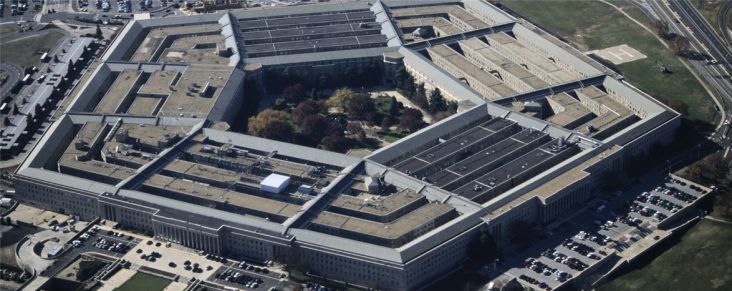Startup Talk: Pentagon hopes world’s first all-machine hacking, bot-hunting contest will lead to better cybersecurity
by August 11, 2016 11:06 am 216 views

Editor’s note: Each Thursday, Talk Business & Politics provides “Startup Talk,” a round-up of startup, technology and entrepreneurial news.
–––––––––––––––
PENTAGON HOPES WORLD’S FIRST ALL-MACHINE HACKING, BOT-HUNTING CONTEST WILL LEAD TO BETTER CYBERSECURITY
This week, seven teams whose cyber-reasoning bots played in the Defense Advanced Research Projects Agency’s Cyber Grand Challenge proved that machines by themselves could find and fix software safety problems in a simplified version of the code used everywhere, every day.
The world’s first all-machine hacking tournament wasn’t the answer to all cybersecurity problems, DARPA officials said, but it was a big step forward in a technical area where the Defense Department’s research arm aims to stir up a revolution.
The seven finalist teams represented an array of communities – academic pioneers from the field, security industry powerhouses and veterans of the capture-the-flag circuit. Each designed an innovative system that proved its skills during the challenge.
The competition played out in a parallel digital universe, as DARPA Program Manager Mike Walker recently characterized the stage holding 15 chilled air-gapped supercomputers running special software whose products were observed by eight black-and-white-shirted highly expert referees. The winners included ForAllSecure, a startup founded by a team of computer security researchers from Pittsburgh. The company placed first, winning a $2 million prize. To learn more, click here.
NASA’S CUBESAT INITIATIVE OPENS SPACE TO EDUCATORS, NONPROFITS AND EDUCATION INSTITUTIONS, SEEKING ARKANSAS APPLICANTS
Accredited education institutions, nonprofit organizations and NASA centers can join the adventure and challenges of space while helping the agency achieve its exploration goals through the next round of the agency’s CubeSat Launch Initiative (CSLI).
For this round of the initiative, NASA is particularly interested in participation from organizations in the District of Columbia, Puerto Rico, and 18 states not previously selected, including Arkansas. Applicants must submit proposals by Nov. 22.
The CSLI provides CubeSat developers with a low-cost pathway to space to conduct research that advances NASA’s strategic goals in the areas of science, exploration, technology development, education and operations. The initiative provides students, teachers and faculty with the chance to get hands-on flight hardware development experience designing, building and operating these small research satellites.
NASA will make selections by Feb. 17, 2017, but selection does not guarantee a launch opportunity. Selected experiments will be considered as auxiliary payloads on agency launches or for deployment from the International Space Station beginning in 2017 through 2020. If chosen, U.S. non-profit and accredited educational organizations are entirely responsible for funding the development of the small satellites.
To date, NASA has selected 119 CubeSat missions, 46 of which have been launched into space. For additional information about NASA’s CubeSat Launch Initiative, visit here.
U.S. CIRCUIT COURT ROLLS BACK FCC RULING ON MUNICIPAL BROADBAND
In a move that may affect municipalities across the country, the U.S. Sixth District Circuit Court of Appeals in Cincinnati, Ohio on Wednesday struck down the Federal Communications Commission’s 2015 order dictating how municipalities make decision with regard to government-run broadband networks, preempting state laws on the subject.
In early 2015, the FCC voted to approve the Obama administration’s proposal to halt regulations in several states that prevent local communities from building their own broadband networks, a ruling that supporters say could narrow the broadband gap between rural and urban areas in Arkansas.
The court ruling specifically looked at a FCC ruling on whether two municipalities in North Carolina and Tennessee can preempt provisions of state laws that restrict the ability of local communities to provide their own broadband service. FCC Chairman Tom Wheeler issued a statement saying the Sixth Court’s reversal of the FCC’s 2015 action in support of local broadband projects will halt the promise of jobs, investment and opportunity in local and rural communities.
“In the end, I believe the commission’s decision to champion municipal efforts highlighted the benefits of competition and the need of communities to take their broadband futures in their own hands,” he said.
To see further reaction from FCC members, click here.
